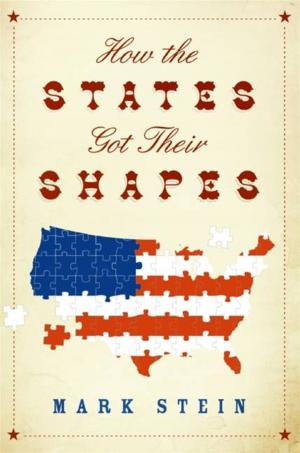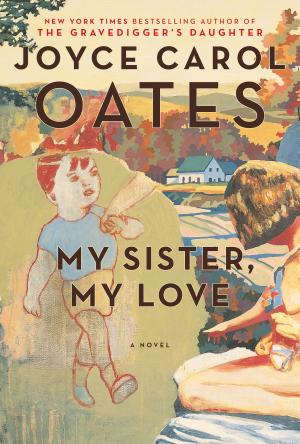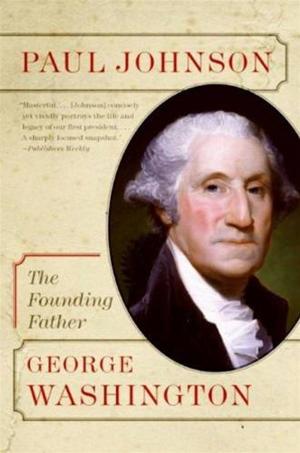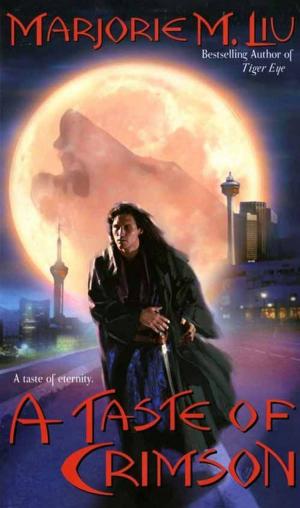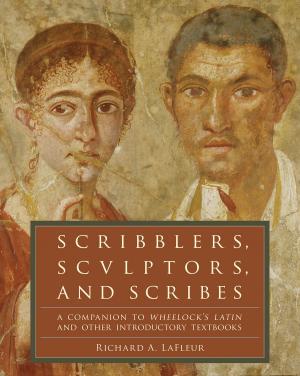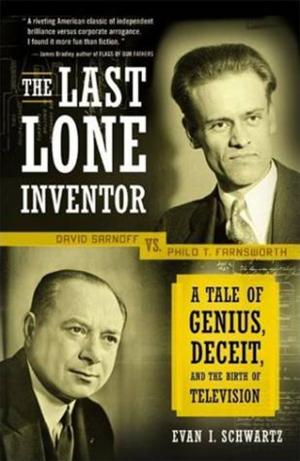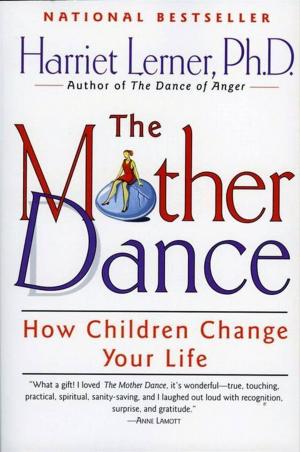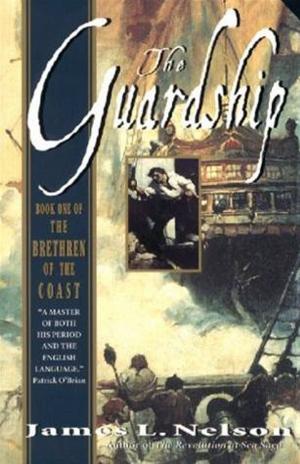Oscar Micheaux: The Great and Only
The Life of America's First Black Filmmaker
Nonfiction, Entertainment, Film, Direction & Production, Performing Arts, Biography & Memoir, Entertainment & Performing Arts| Author: | Patrick McGilligan | ISBN: | 9780061982156 |
| Publisher: | HarperCollins e-books | Publication: | October 6, 2009 |
| Imprint: | HarperCollins e-books | Language: | English |
| Author: | Patrick McGilligan |
| ISBN: | 9780061982156 |
| Publisher: | HarperCollins e-books |
| Publication: | October 6, 2009 |
| Imprint: | HarperCollins e-books |
| Language: | English |
Oscar Micheaux was the Jackie Robinson of film, the black D. W. Griffith: a bigger-than-life American folk hero whose important life story is nearly forgotten today. Now, in a feat of historical investigation and vivid storytelling, one of our greatest film biographers takes on one of the most talented and complex figures in the history of American entertainment.
The son of freed slaves, Micheaux grew up in Metropolis, Illinois, then roamed America as a Pullman porter before making his first mark as a homesteader in South Dakota. Disaster and defeat there led him to forge a career publishing a successful series of autobiographical novels. Ever the entrepreneur, when Hollywood failed to bid high enough for film rights to his stories, he answered by forming his own film production company. Going on to produce or direct twenty-two silent and fifteen sound films in his lifetime, Micheaux became the king of the "race cinema" industry at a time when black-produced films had to scrounge for venues in a segregated society.
In this groundbreaking new biography, award-winning film historian Patrick McGilligan offers a vivid and fascinating portrait of this little-known pioneer. Part visionary, part raffish Barnum-like showman, Micheaux was both a maverick filmmaker and an inveterate hustler who used every weapon at his disposal to break the color barrier and thrive in a profession he helped to invent. He made a fortune and lost it again, and launched repeated con games that were followed by public arrests and bankruptcies. He eagerly took credit for the work of others—including his unsung-heroine wife. In his desperate later years, he even sunk to plagiarizing his final novel—a discovery McGilligan reveals here for the first time.
In this searching exploration, McGilligan tracks down long-lost financial records, unpublished letters, and unmarked pauper's graves, pinpointing Micheaux's birthplace, his tangled personal life, and the circumstances of his tragic death. The result is an epic that bridges a fascinating period in American history, and offers lessons for anyone who would understand the role of black America in forming the culture of our time.
Oscar Micheaux was the Jackie Robinson of film, the black D. W. Griffith: a bigger-than-life American folk hero whose important life story is nearly forgotten today. Now, in a feat of historical investigation and vivid storytelling, one of our greatest film biographers takes on one of the most talented and complex figures in the history of American entertainment.
The son of freed slaves, Micheaux grew up in Metropolis, Illinois, then roamed America as a Pullman porter before making his first mark as a homesteader in South Dakota. Disaster and defeat there led him to forge a career publishing a successful series of autobiographical novels. Ever the entrepreneur, when Hollywood failed to bid high enough for film rights to his stories, he answered by forming his own film production company. Going on to produce or direct twenty-two silent and fifteen sound films in his lifetime, Micheaux became the king of the "race cinema" industry at a time when black-produced films had to scrounge for venues in a segregated society.
In this groundbreaking new biography, award-winning film historian Patrick McGilligan offers a vivid and fascinating portrait of this little-known pioneer. Part visionary, part raffish Barnum-like showman, Micheaux was both a maverick filmmaker and an inveterate hustler who used every weapon at his disposal to break the color barrier and thrive in a profession he helped to invent. He made a fortune and lost it again, and launched repeated con games that were followed by public arrests and bankruptcies. He eagerly took credit for the work of others—including his unsung-heroine wife. In his desperate later years, he even sunk to plagiarizing his final novel—a discovery McGilligan reveals here for the first time.
In this searching exploration, McGilligan tracks down long-lost financial records, unpublished letters, and unmarked pauper's graves, pinpointing Micheaux's birthplace, his tangled personal life, and the circumstances of his tragic death. The result is an epic that bridges a fascinating period in American history, and offers lessons for anyone who would understand the role of black America in forming the culture of our time.

